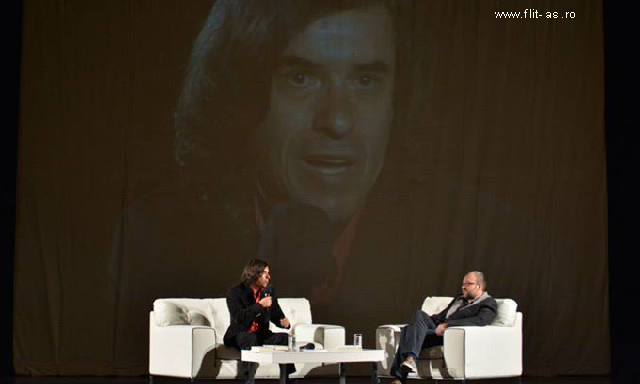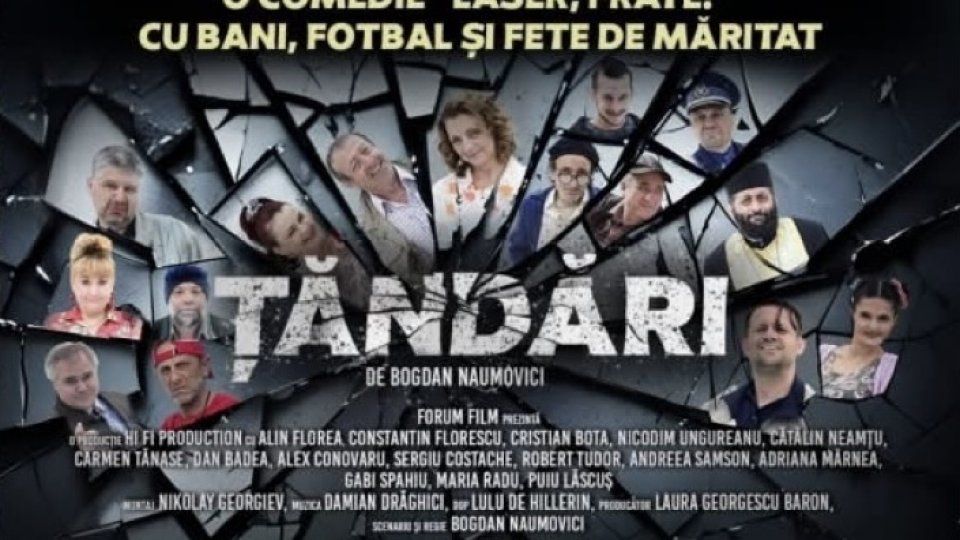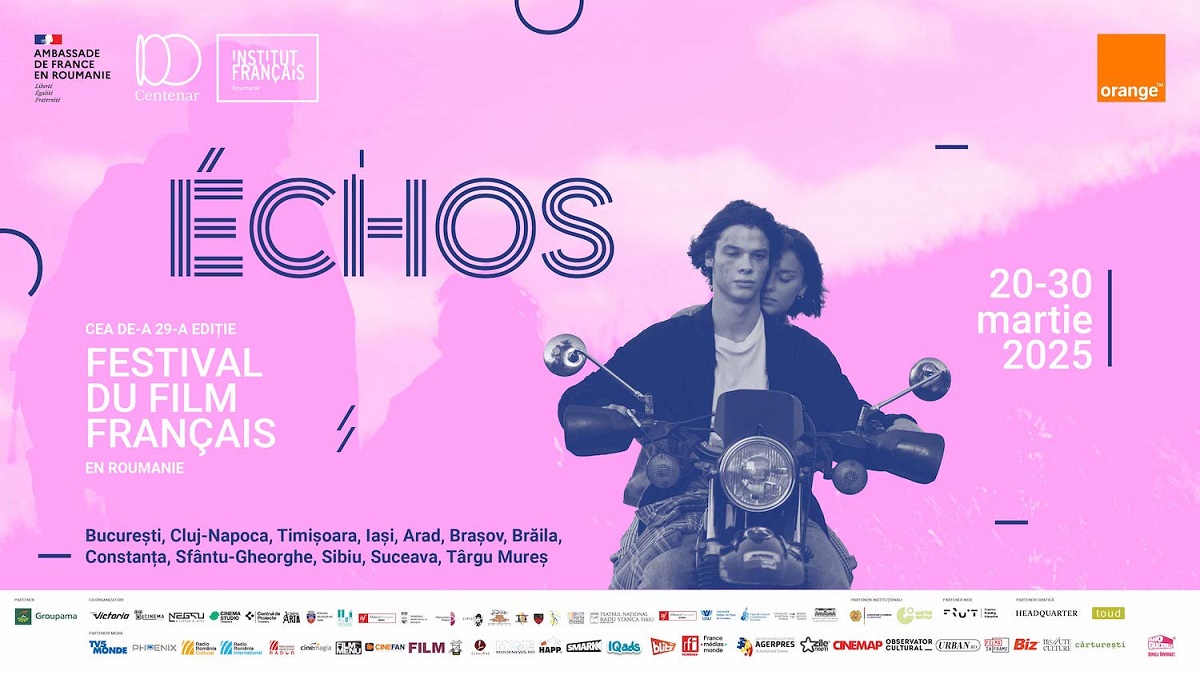Writer Mircea Cartarescu, a Guest at the Iasi Literature Festival
Literature is like Achilles spear, it wounds with the tip and heals with the butt, said Mircea Cartarescu, in a dialogue with writer and journalist Cezar-Paul Badescu.

România Internațional, 03.12.2014, 13:30
“Literature is like Achille’s spear, it wounds with the tip and heals with the butt”, said Mircea Cartarescu, in a dialogue with writer and journalist Cezar-Paul Badescu, at the International Literature and Translation Festival held in the North-Eastern city of Iasi, in October. “Literature helps you meet yourself, and meeting yourself is the most terrible thing that can happen to you” — Mircea Cartarescu went on to say. At the beginning of the meeting on the stage of the National Theater in Iasi, Badescu challenged the writer, who has been a favorite for the Nobel Prize for a few years now, to talk about the time when he was leading the Literature Circle at the Faculty of Letters, where, together with his students, he published several collective volumes, including “Family Picture”.
Mircea Cartarescu: “There were two reasons why I became a member and then leader of the Literature Circle. The first, and simplest, was that my generation got something for free, and when that happens, the proper thing to do is for you to pass forward something for free too. We got what we got from a generation of critics, and from many people who defined our existence, without whom we would have been nothing. That is why, it seemed natural to me to take the things I learned from them, both theoretical, and moral and ethical, and hand them down. A second reason why I got involved in the Literary Circle was that I felt like one of you. I felt the same age as you, and the period when I led the circle, those six or seven years, were the most beautiful of my life. For me it was a great pleasure and joy that you accepted me as one of you, even though I was 15 years older. I loved working for our books. I say ‘ours’ because they were collections whose foreword I wrote.”
Asked what he got out of literature, Cartarescu said, quote “Literature has been everything to me, without being able to say that I’ve been only literature.”
Mircea Cartarescu: “It’s like asking me what air means to me. In a letter written by Kafka to Felice Bauer, his eternal fiancée, he said: “After all, I am nothing else but literature”. I’ve very often thought about what that means, through what chemical and psychological process it is possible for a human body, a human brain, to become literature, which is what happened to Kafka, especially towards the end of his life. Before dying, Kafka was no longer a human being among humans, he was a character in one of his novels, he was literature through and through. Of course, very few of us get that far. To get that far, one would have to make colossal sacrifices. It means destroying one’s life in order to regain it in a different way. Nichita Stanescu said at some point: “We all would like to have Eminescu’s body of work, but who would want his life?” It is a great question, who would like to live the life of those who are literature through and through? To choose this would be, in a way, being a martyr.”
Cartarescu said that he could not imagine his own life without literature. “To me, writing means living, that is all”, said Mircea Cartarescu, whom most critics and readers believe to be the most important contemporary Romanian writer:
Mircea Cartarescu: “I don’t know if what I write is therapy. I can’t tell. I have so many anomalies, so many inner wounds, so many oddities, so many set askew and bent within my mind, that I probably could not get cured with the literature of the whole world. However, literature for me is a sort of secretion of a shell, a crust. And I see literature as an organ of my body, just as my skull is an organ of my body. This is literature to me, an organ of my body, rather than a process of psychoanalysis, of sublimation. I have always felt that literature is a part of me.”
As a guest of the Iasi International Literature and Translation Festival, Mircea Cartarescu spoke about the event as well.
Mircea Cartarescu: “It is of the highest level. It is a relevant event not only for national cultural life, but also, as far as I understand, it is one of the biggest, if not the biggest, in Eastern Europe. It is a great achievement”.





























